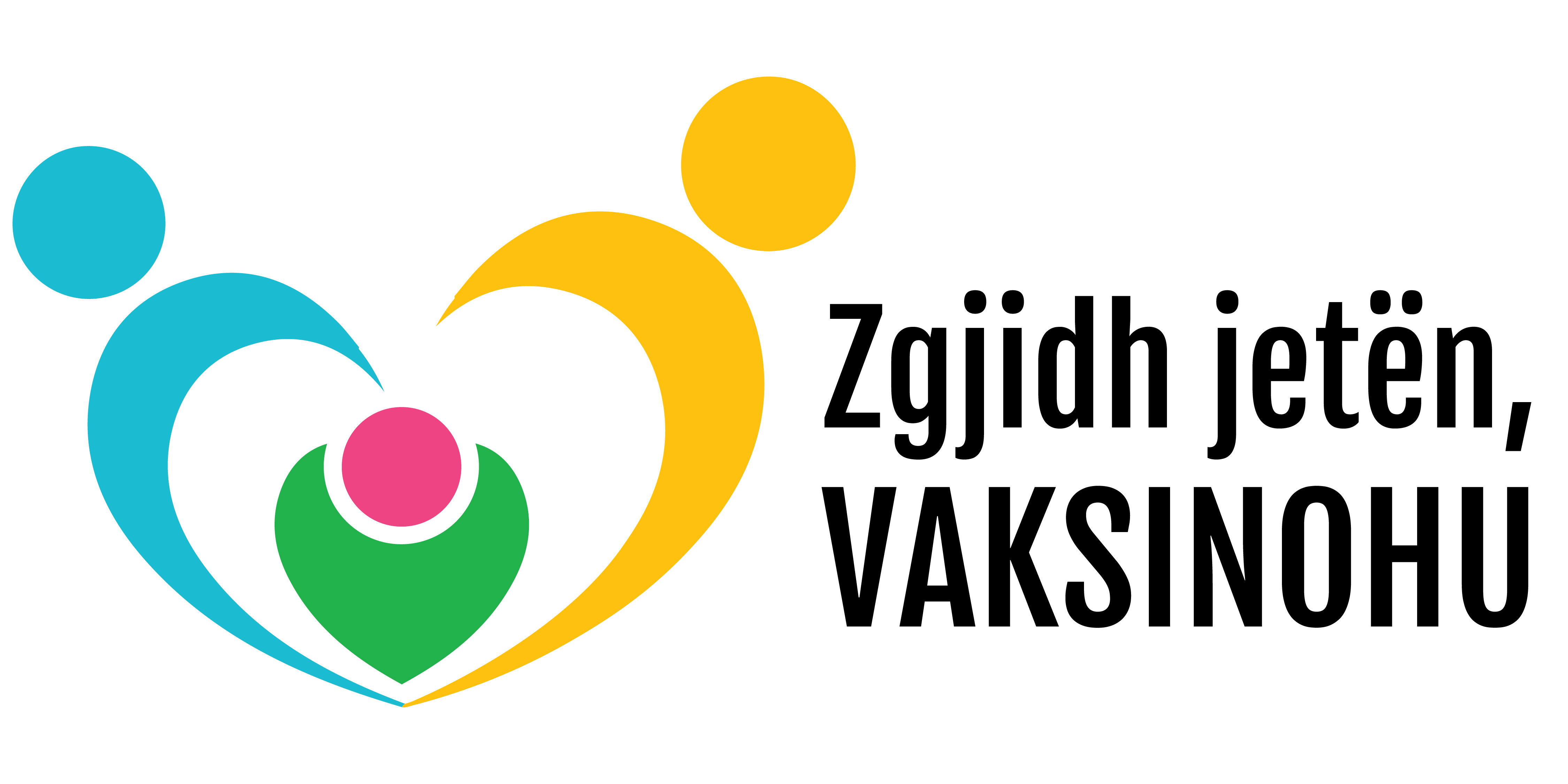First PhD graduate from the Public Health Research Network in Southeast Europe (PHR-Net)
Helmut Brand1
1 Department of International Health, CAPHRI, Faculty of Health, Medicine and Life Sciences, Maastricht University, Maastricht, the Netherlands.
Correspondence: Prof. Helmut Brand, Dr. med. Dr. h.c. MSc DLSHTM,
Head of the Department of International Health, Maastricht University;
Address: P.O. Box 616, 6200 MD Maastricht, The Netherlands;
Telephone: +31646705061; E-mail: helmut.brand@maastrichtuniversity.nl
Editorial
What do we, here in Maastricht, know about the Balkans? What do we really know about this part in the centre of Europe? Do we understand what happened when former Yugoslavia broke up? Why could a war start in Europe again?
And, what do we know about Kosovo? How it is to live with war? How it is to live under United Nations rule? How it is to strive for independence? How it is to manage the health problems under such conditions? What can we learn from European experiences for the Balkan countries – and, now, also vice versa?
These were the arguments to start a PhD network with the Balkan countries (1). The main topic is to do applied research that is useful for these transitional countries. And research on the level of European standards published in peer-reviewed journals leading to a European Union Member State PhD – at its best in The Netherlands – that is the academic mission.
By this we want to help develop skills and knowledge in talented professionals who will eventually run the Balkan countries in a few years. But, we do not want to increase the brain drain. This is the reason why these PhDs are on the external track.
The first PhD out of this cohort is Naim Jerliu. Naim – who studied Medicine at the University of Prishtina, who has a Master of Science in medical disciplines and who is a public health specialist – left medicine in the early 1990s to engage in politics.
“Medicine is a social science, and politics is nothing but medicine at a larger scale”, Rudolf Virchow once said (2).
Naim took this serious: being a member of the Kosovo Parliament for three terms (from 1998 to 2007) he learned his skills as a politician. By the way: this showed up sometimes in the discussions we had about his research.
He learned about Europe too, being in charge of reviewing and supervising the process of harmonization of laws enacted by the Kosovo Parliament with the European Union legislation. He was political advisor of the president of Kosovo during times of negotiations of independence.
In his PhD, Naim translated a real social and health problem in a research question – in line with the public health trias (3):
· How big is the problem of ageing in the Kosovo? (assessment)
· Are the health professionals aware of this? (policy development)
· What tools are needed to work on this problem? (assurance)
The outcome of the research was presented today. For me, the main result of the PhD is that it is possible to create scientific knowledge even under difficult circumstances. And that this knowledge can be made widely known via publications. This PhD helps to end the situation that there is no information, or only grey literature of unknown quality available.
There is now a scientific basis of knowledge policy makers in Kosovo can use. Hence, the current PhD helped to implement “evidence-informed policy making”.
Another outcome of this PhD is that Dr. Naim Jerliu served as the founder of the centre on ageing within the national institute in which he is currently working.
Working with Naim is a challenge. In addition, there is the physical distance. Thanks to modern telecommunication systems this worked out fine. And, a visit of the Maastricht PhD group to the Balkan region and my visits in Kosovo helped a lot to increase understanding and proper communication.
Then, there was the challenge of “what is possible” as research in Kosovo. Here I had to learn a lot. Sometime, more is possible than predicted and sometimes, it is less so: but, it was not possible to predict in advance what falls under which category.
There is no difference in the time needed to translate the results into research papers – it always takes too long with all the reviews. But, if you work with a political person you have to be aware that you sometimes have to prevent a research text becoming a political speech.
But, public health getting a little bit more involved in politics would be a good thing, in general.
And, another good thing about this PhD: it only took three years to complete the work. This is also due to the supervision of Prof. Genc Burazeri who represents in a way “Maastricht in the Balkans”.
So, also on behalf of the co-supervisor, Prof. Genc Burazeri: “Congratulations for your PhD degree and keep on doing research for evidence-informed policy making!”
Acknowledgment: The current speech was the laudatio for Naim Jerliu’s PhD defense which took place in Maastricht, The Netherlands, on 18-12-2013.
Prof. Helmut Brand was the main supervisor of Dr. Naim Jerliu.
This laudatio was also on behalf of Naim Jerliu’s co-supervisor, Prof. Genc Burazeri.
References
1. Research International Health: “Public Health Research Network in Southeast Europe” (PHR-Net). Available from: http://www.maastrichtuniversity.nl/web/Institutes/FHML/CAPHRI/DepartmentsCAPHRI/InternationalHealth/ResearchINTHEALTH.htm (Accessed: January 11, 2014).
2. Ackerknecht E. Rudolf Virchow. Doctor, statesman, anthropologist. Madison: University of Wisconsin Press, 1953.
3. Public Health Genomics European Network secretariat. Glossary – Public Health Genomics European Network (PHGEN). Available from: http://www.phgen.eu/typo3/fileadmin/downloads/020_WG1.pdf (Accessed: January 11, 2014).


